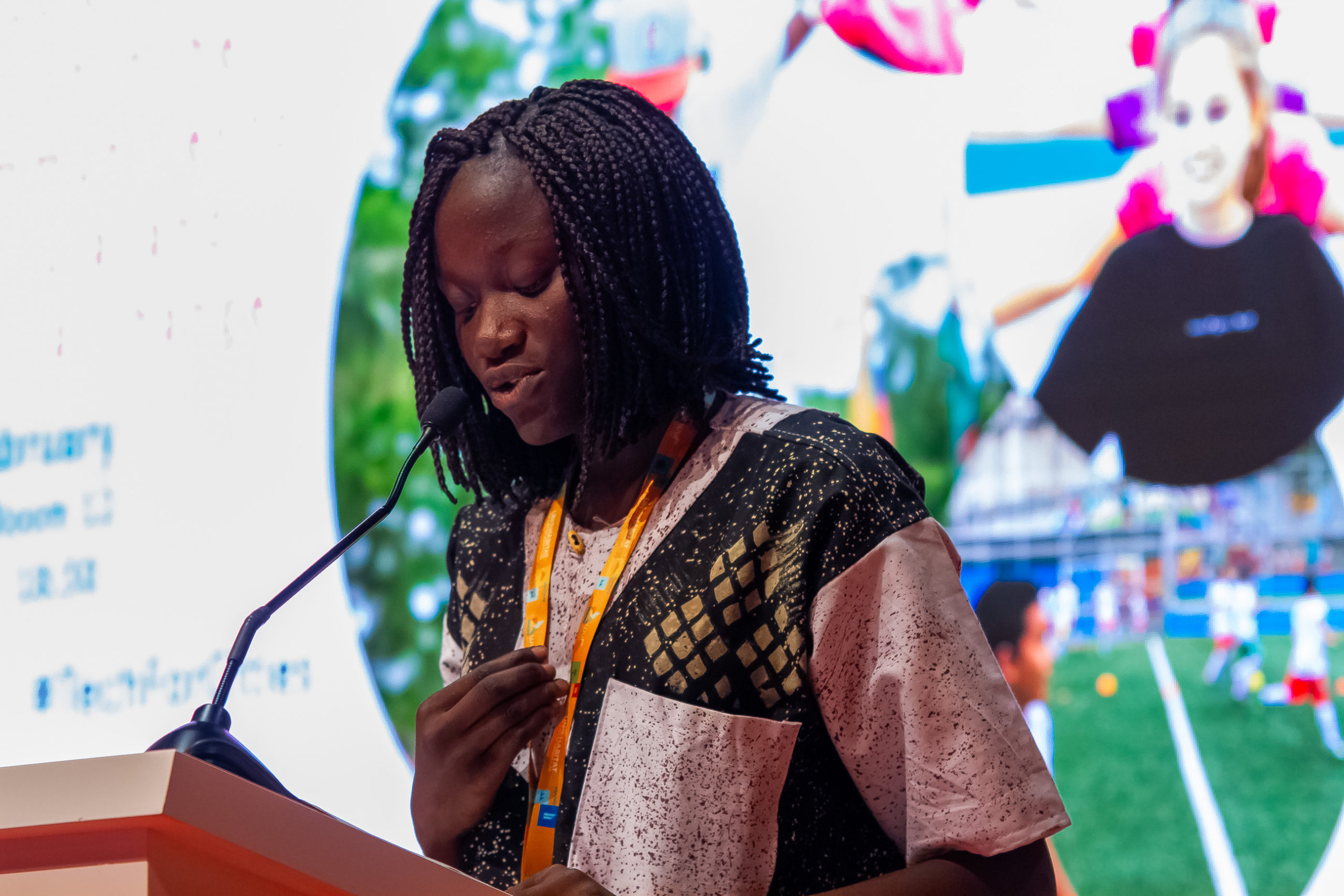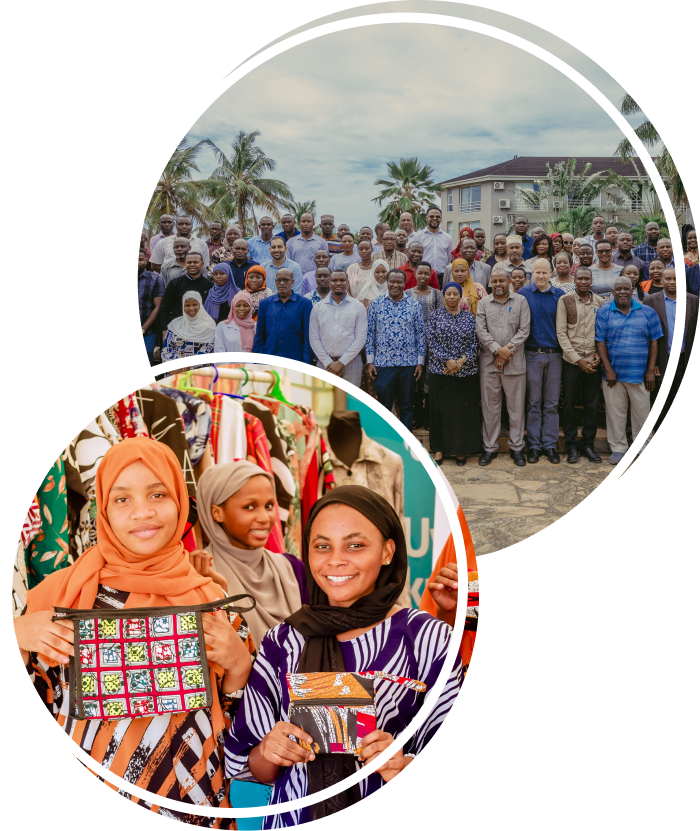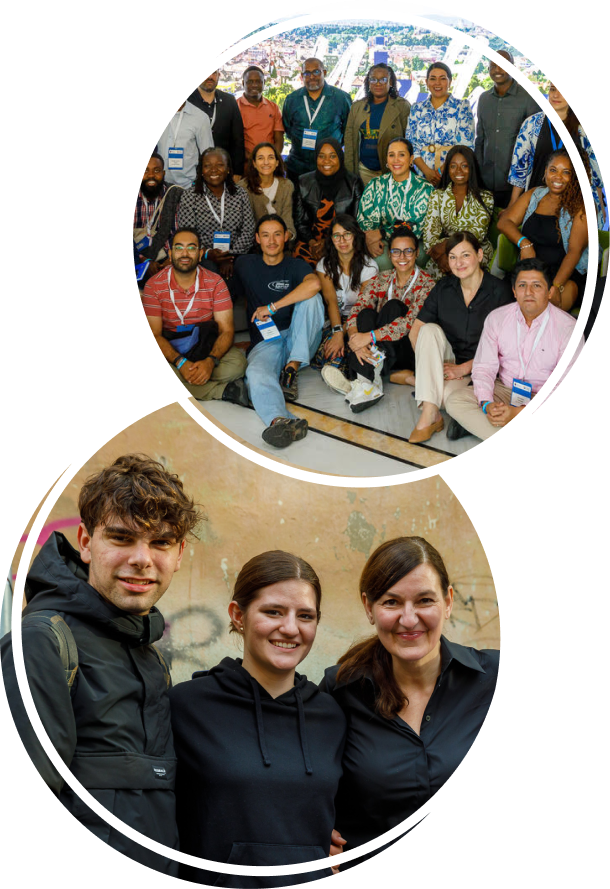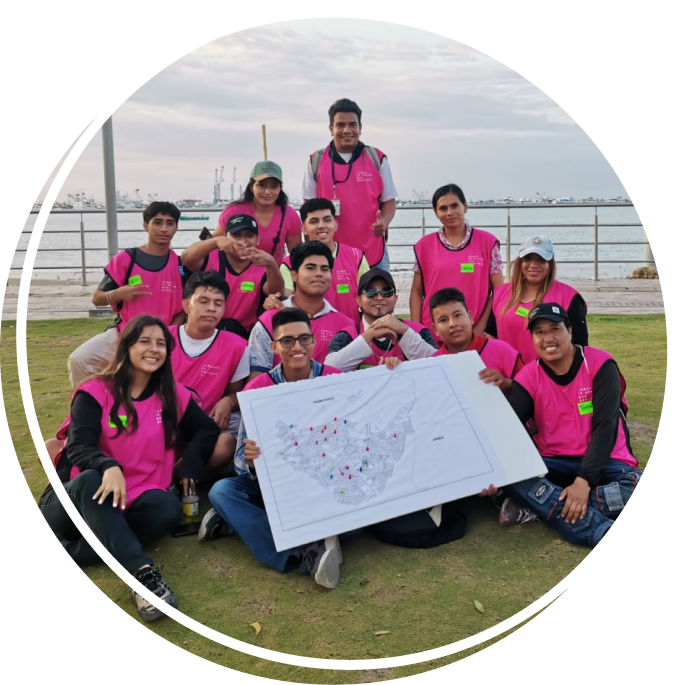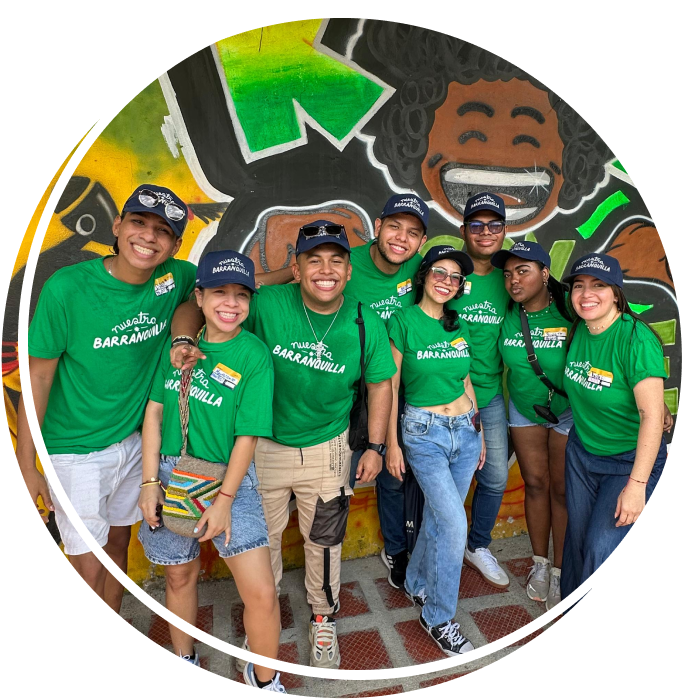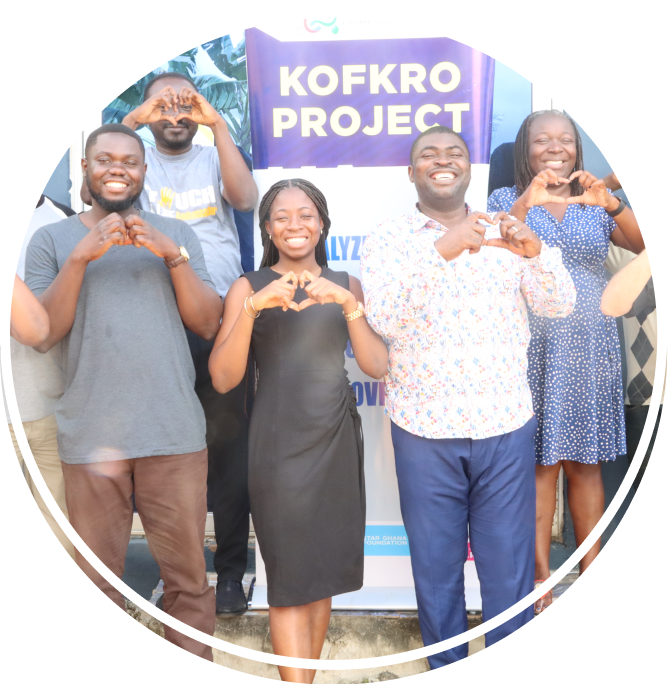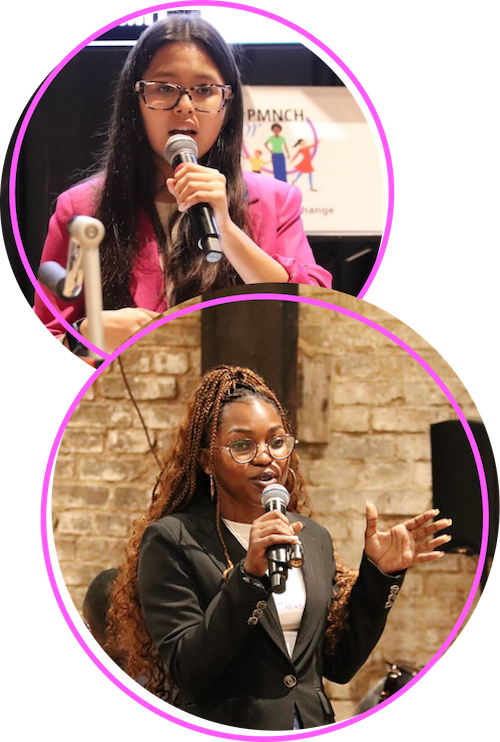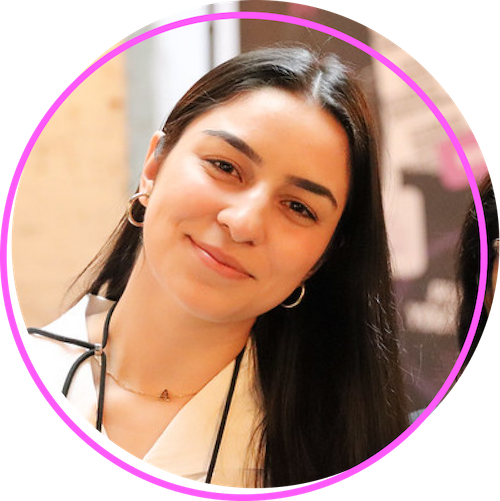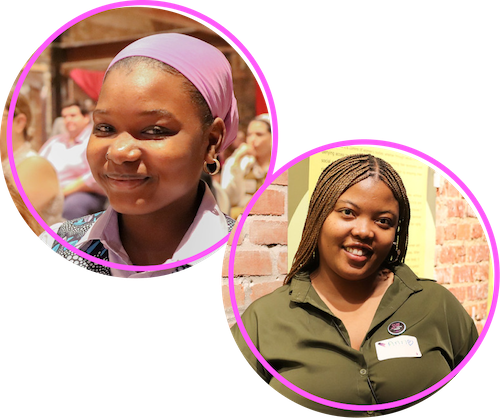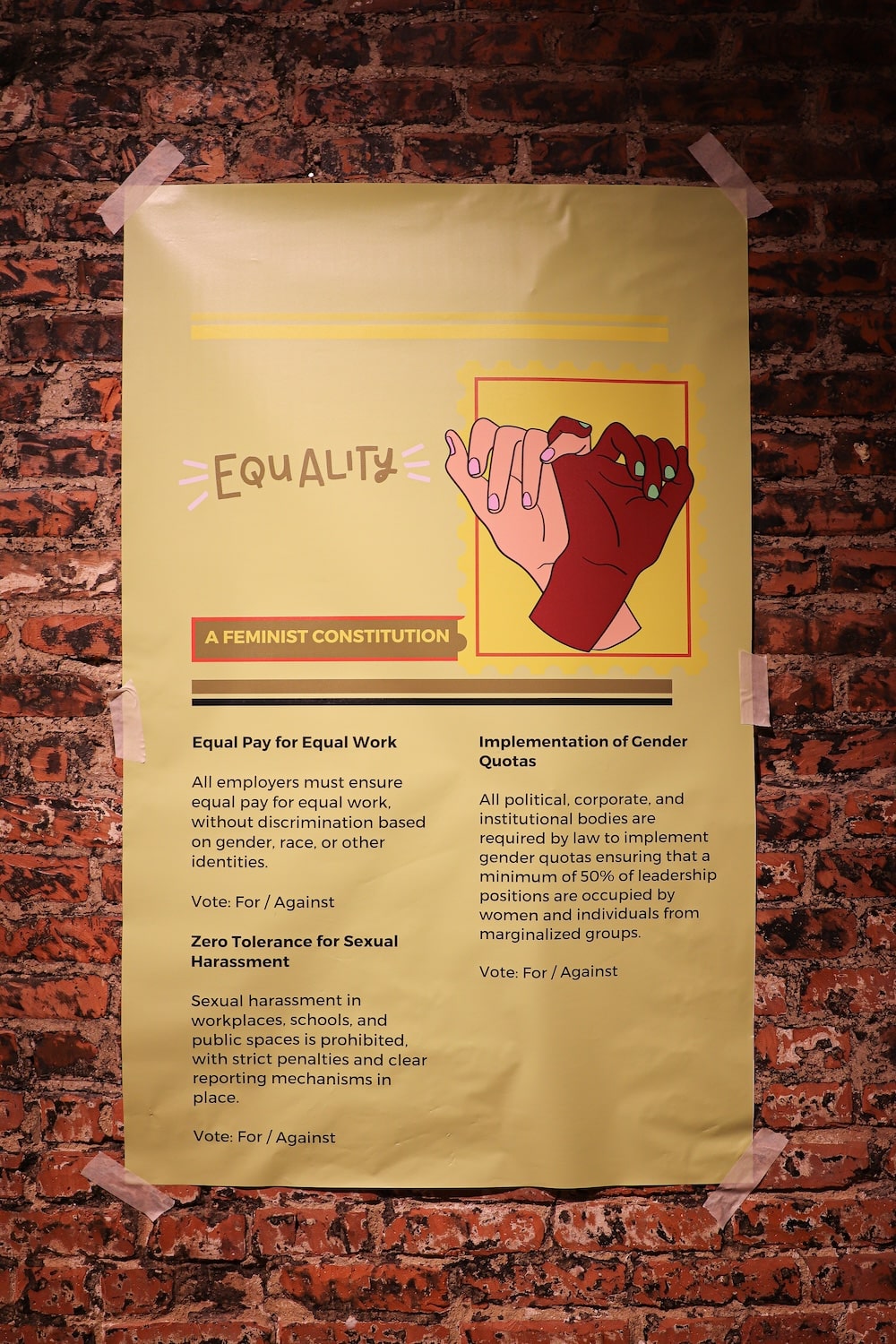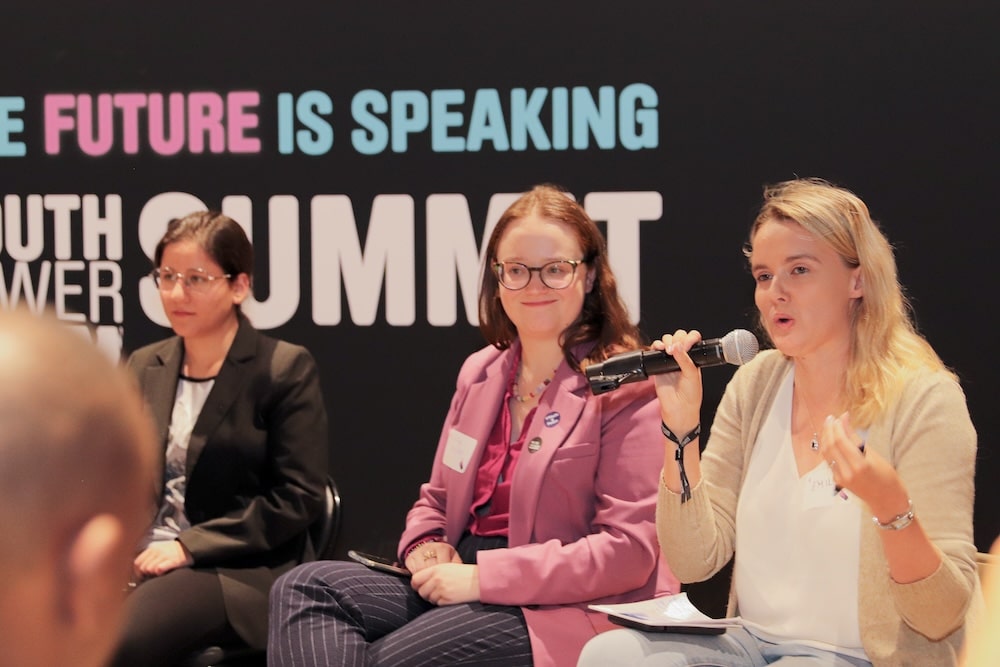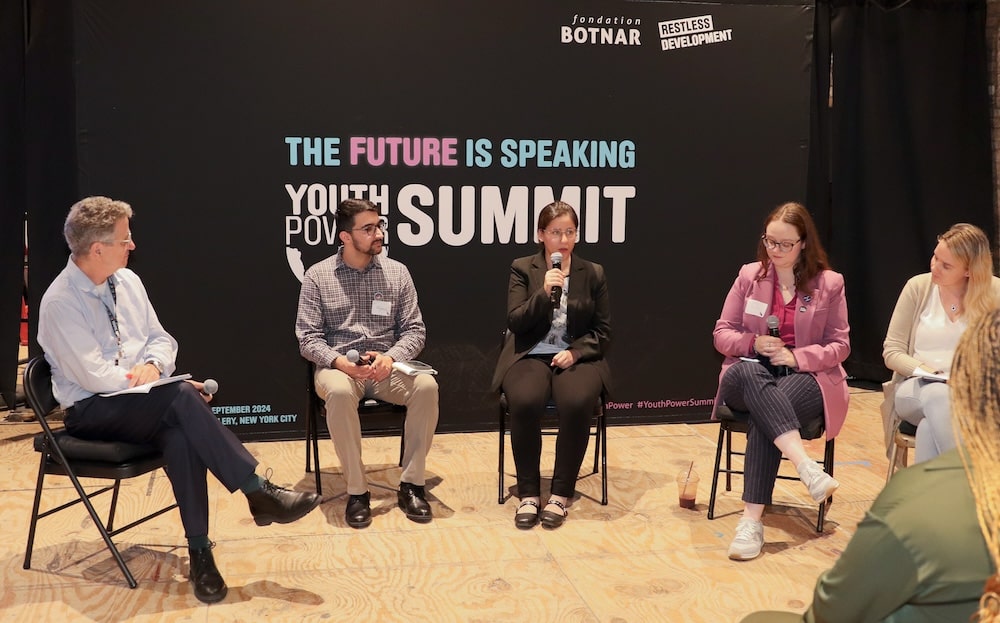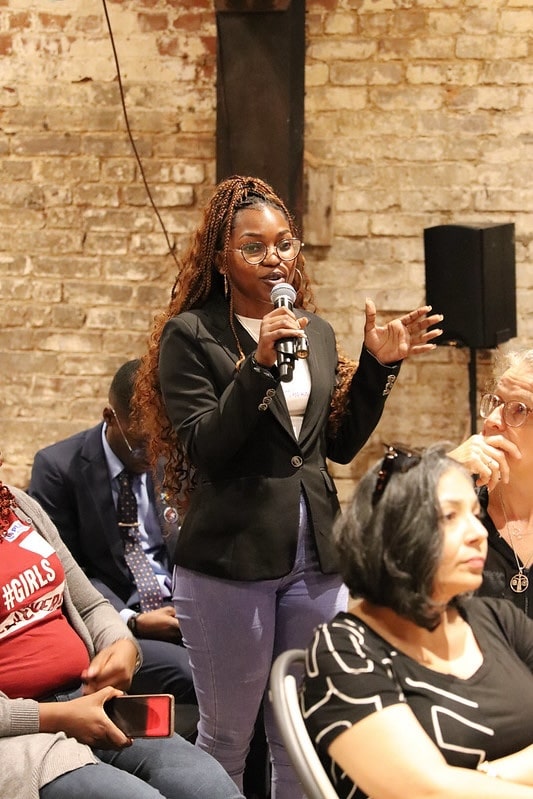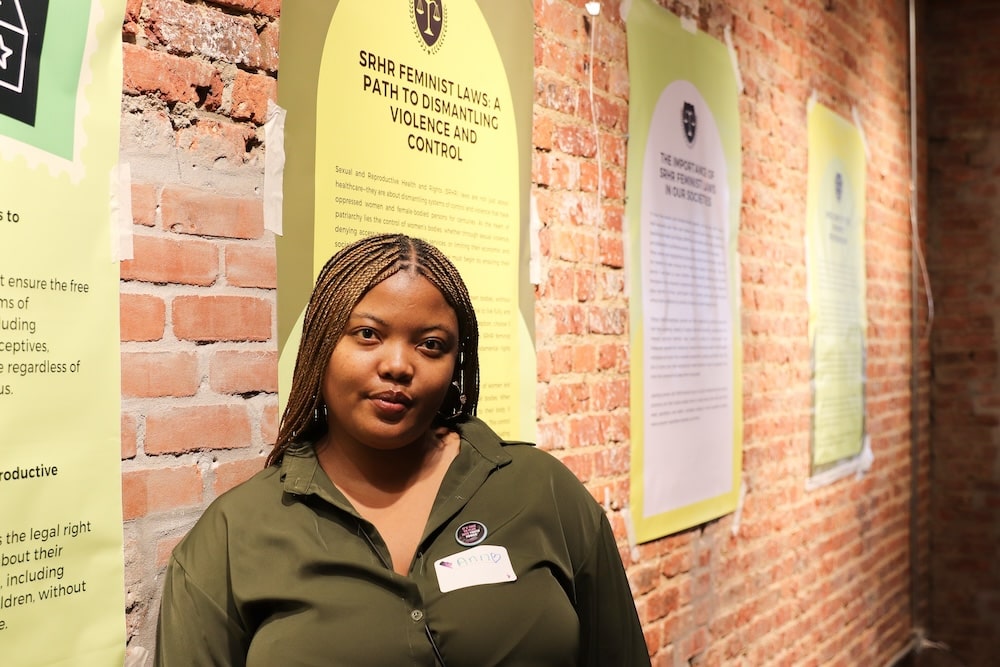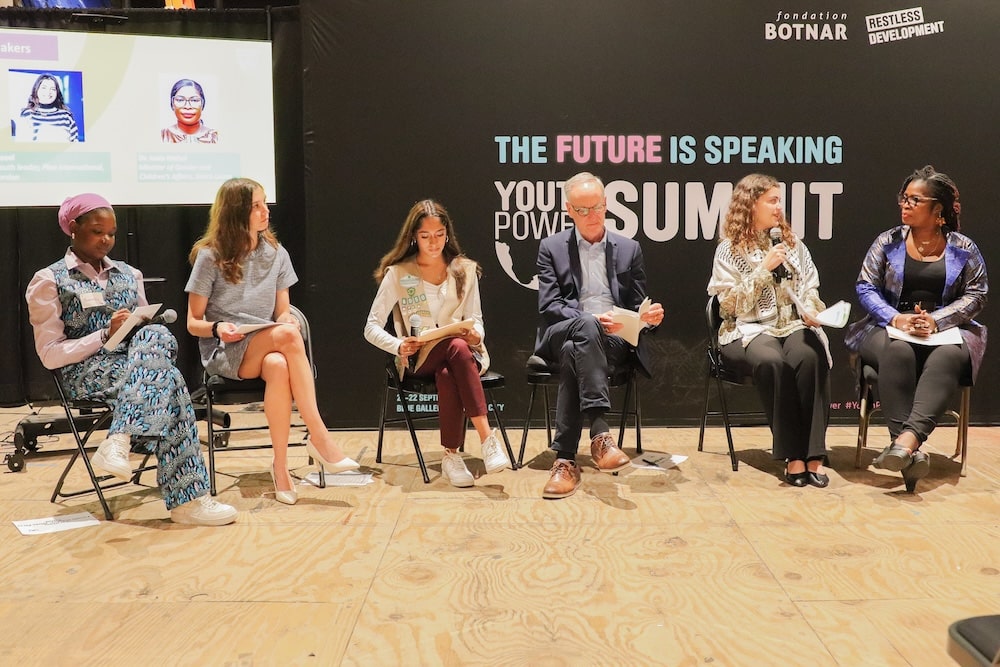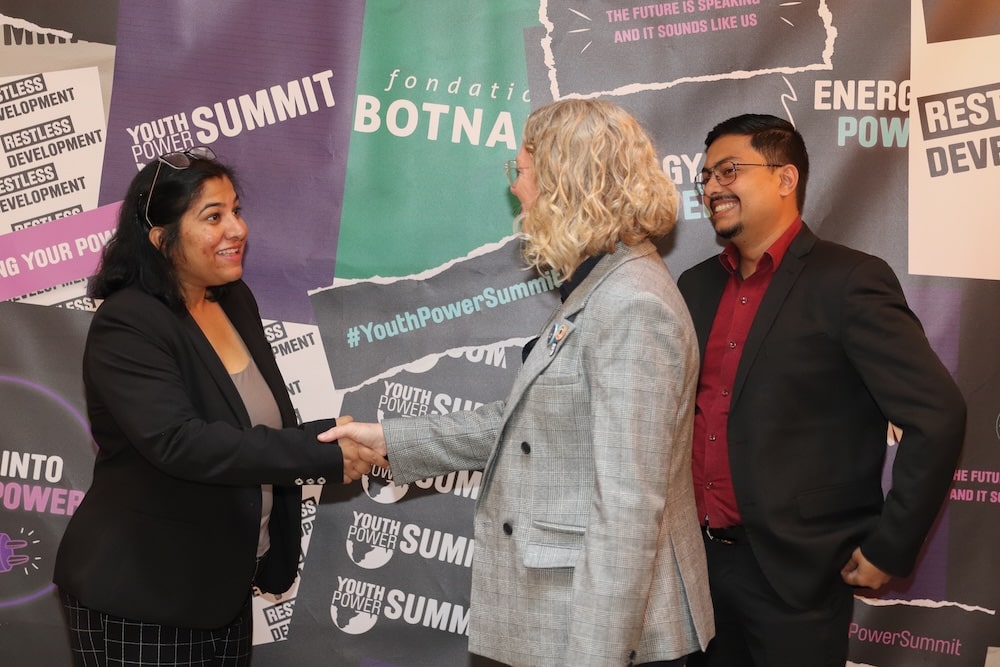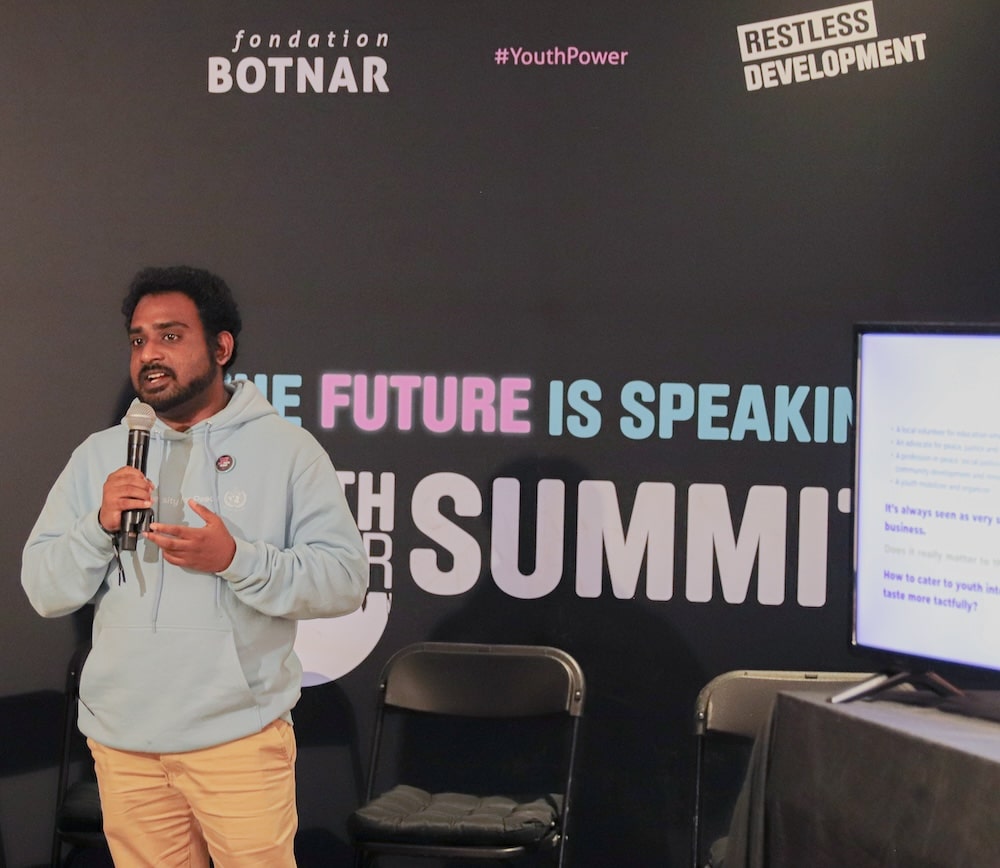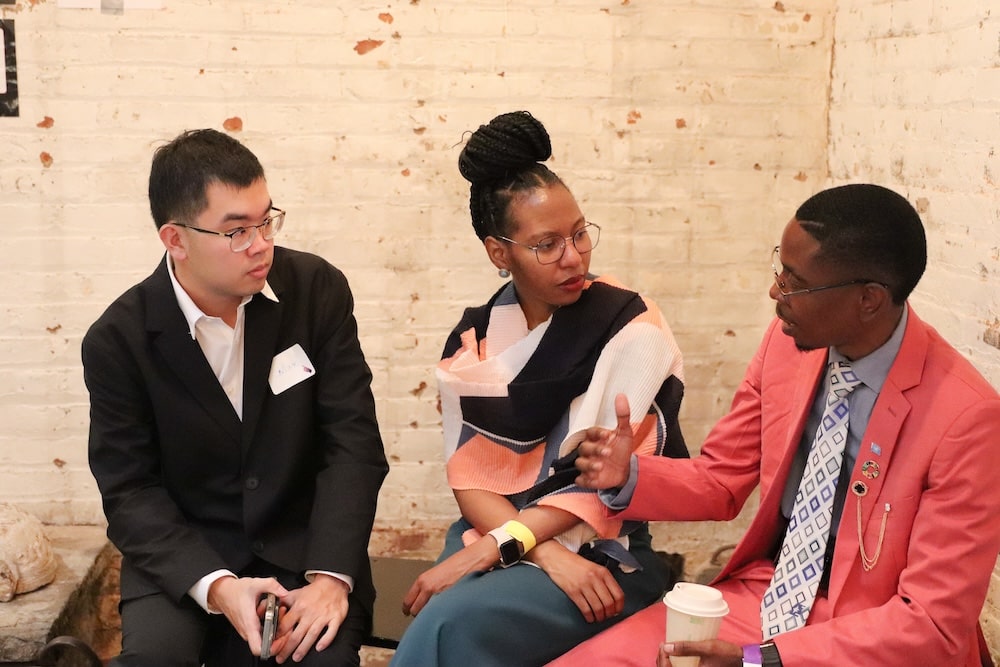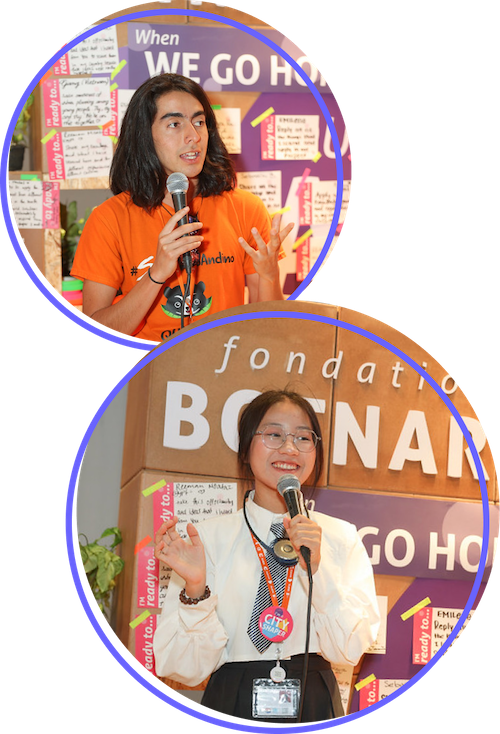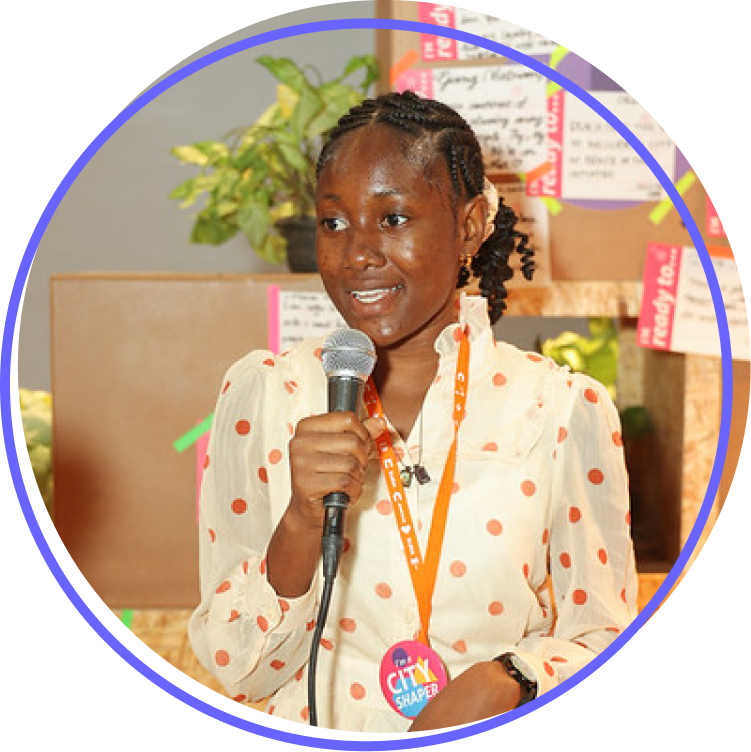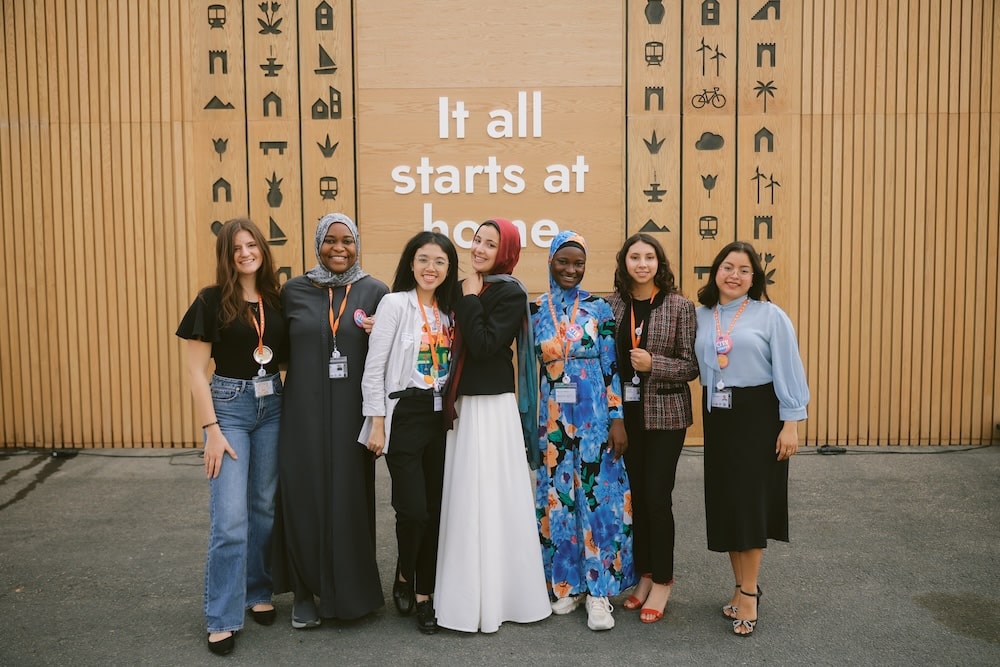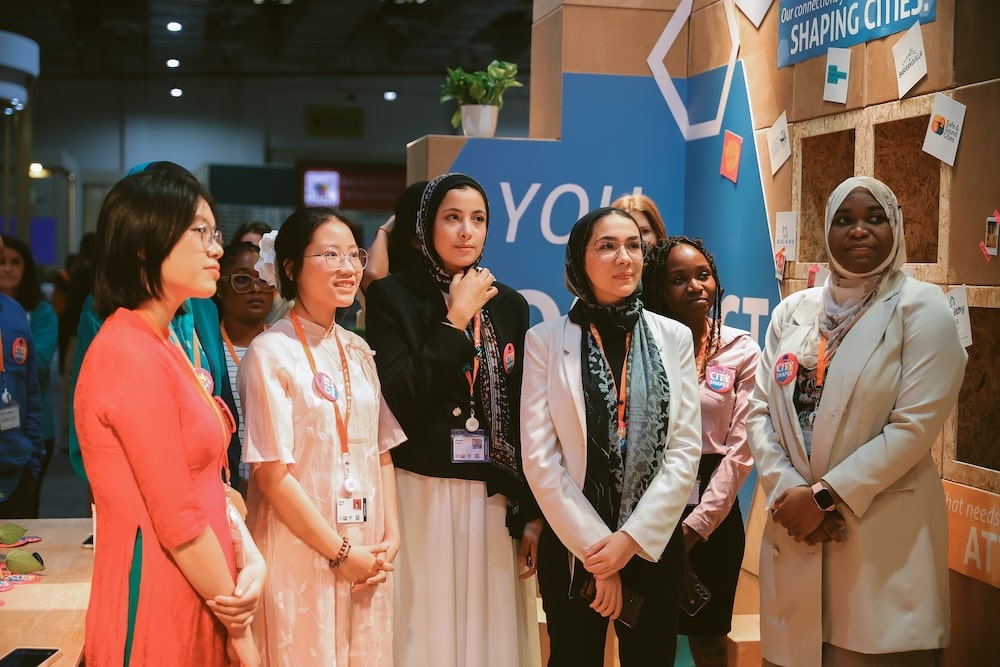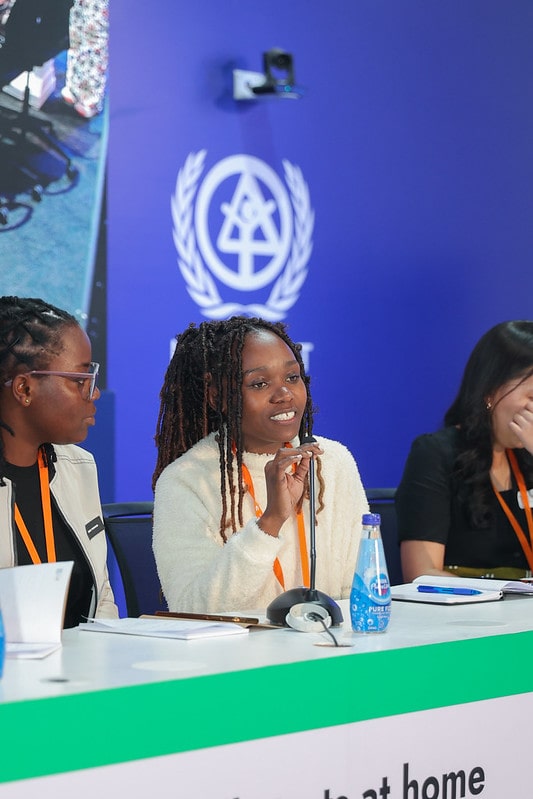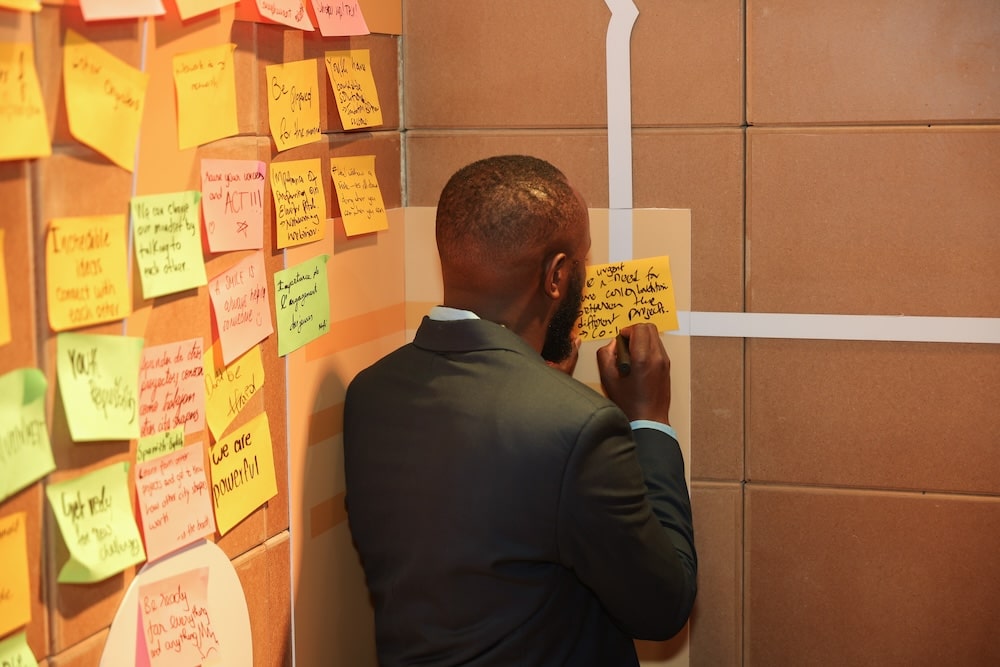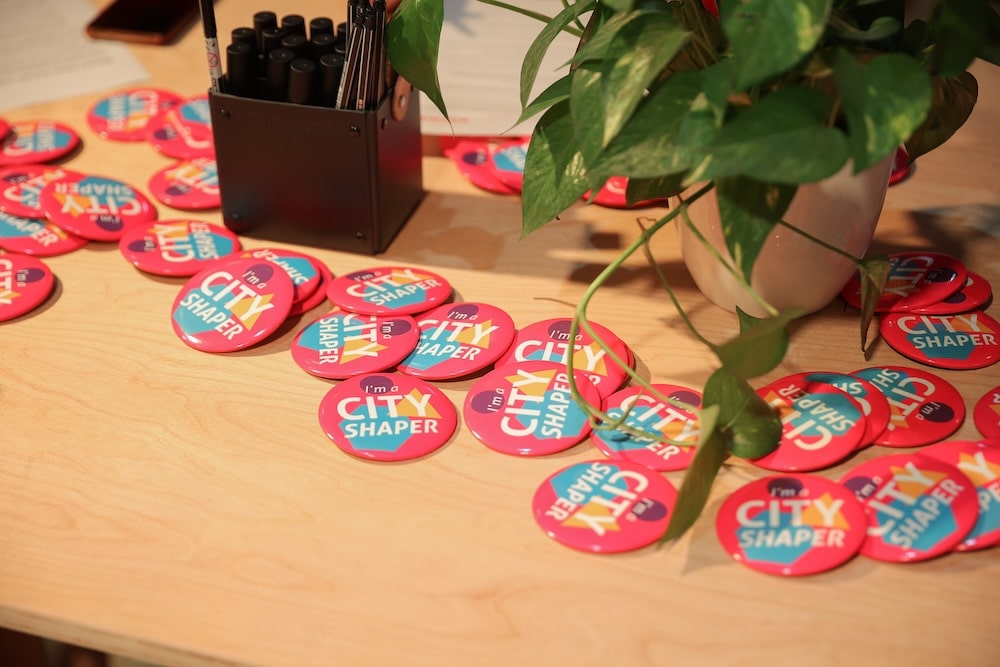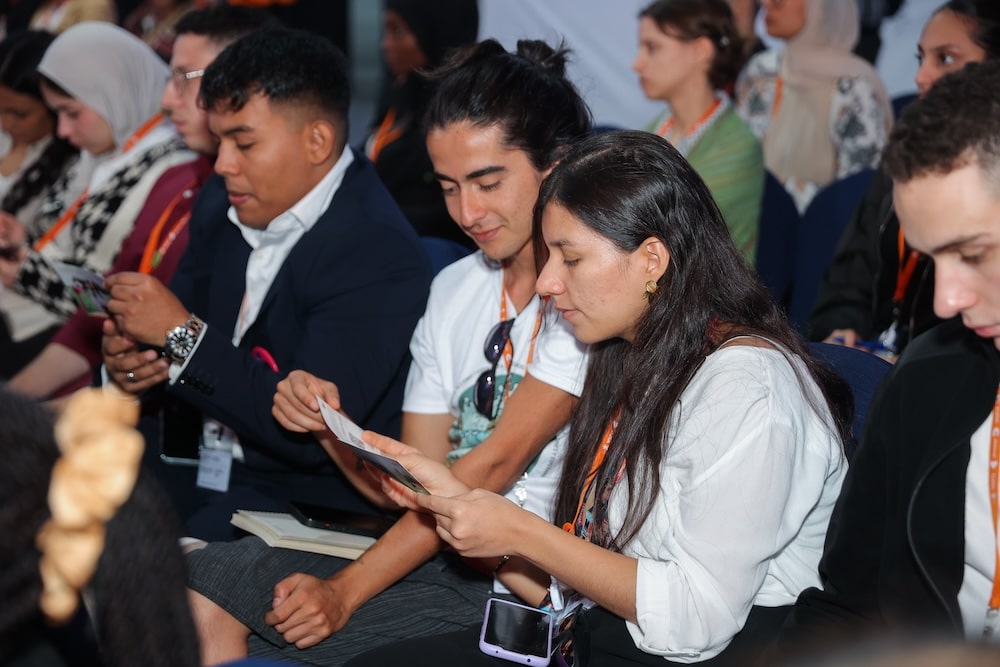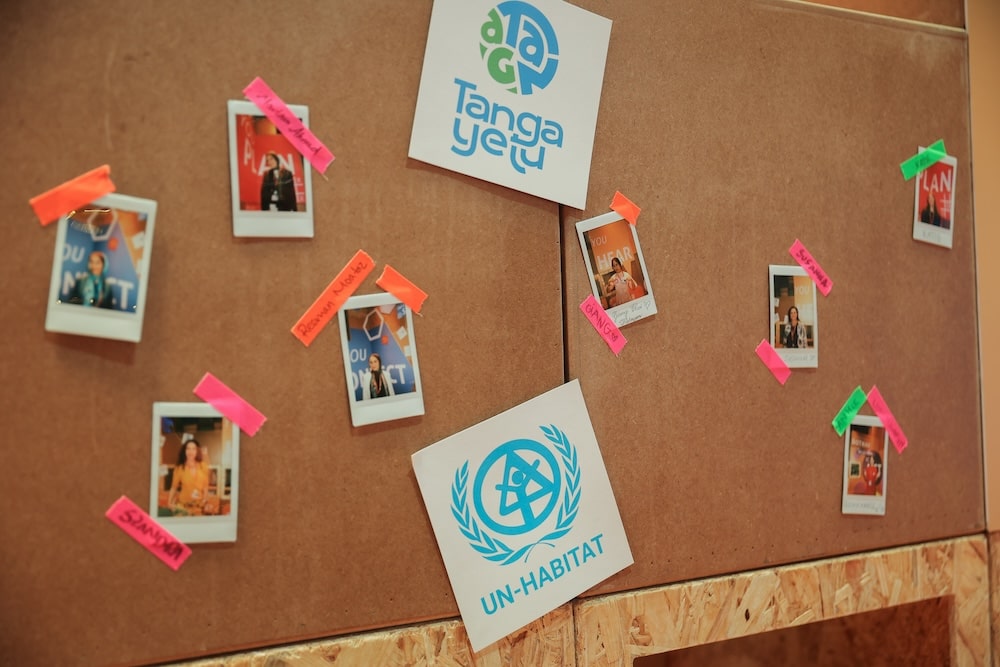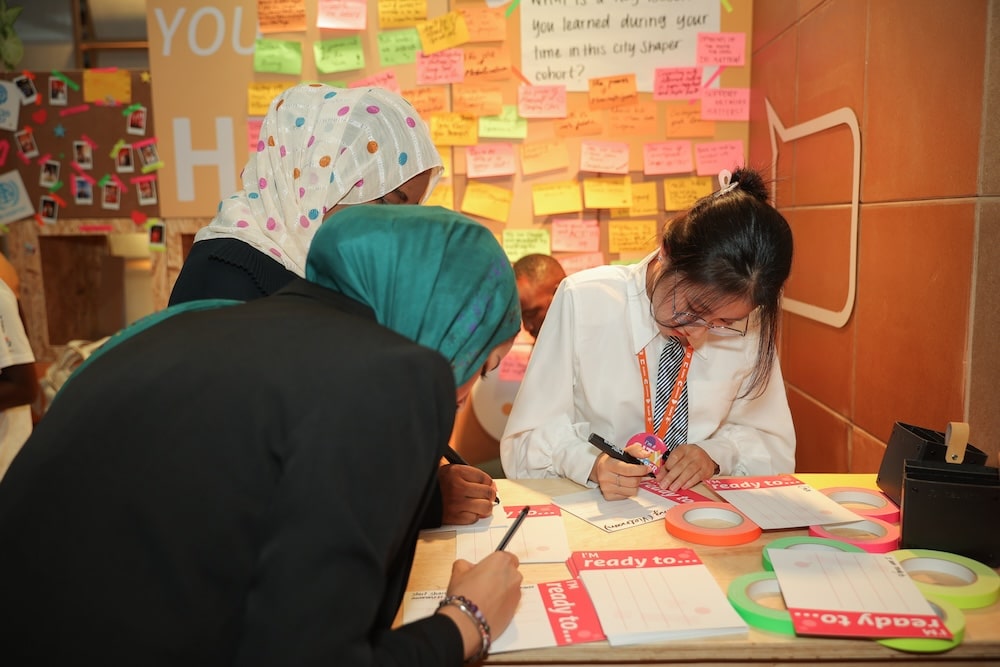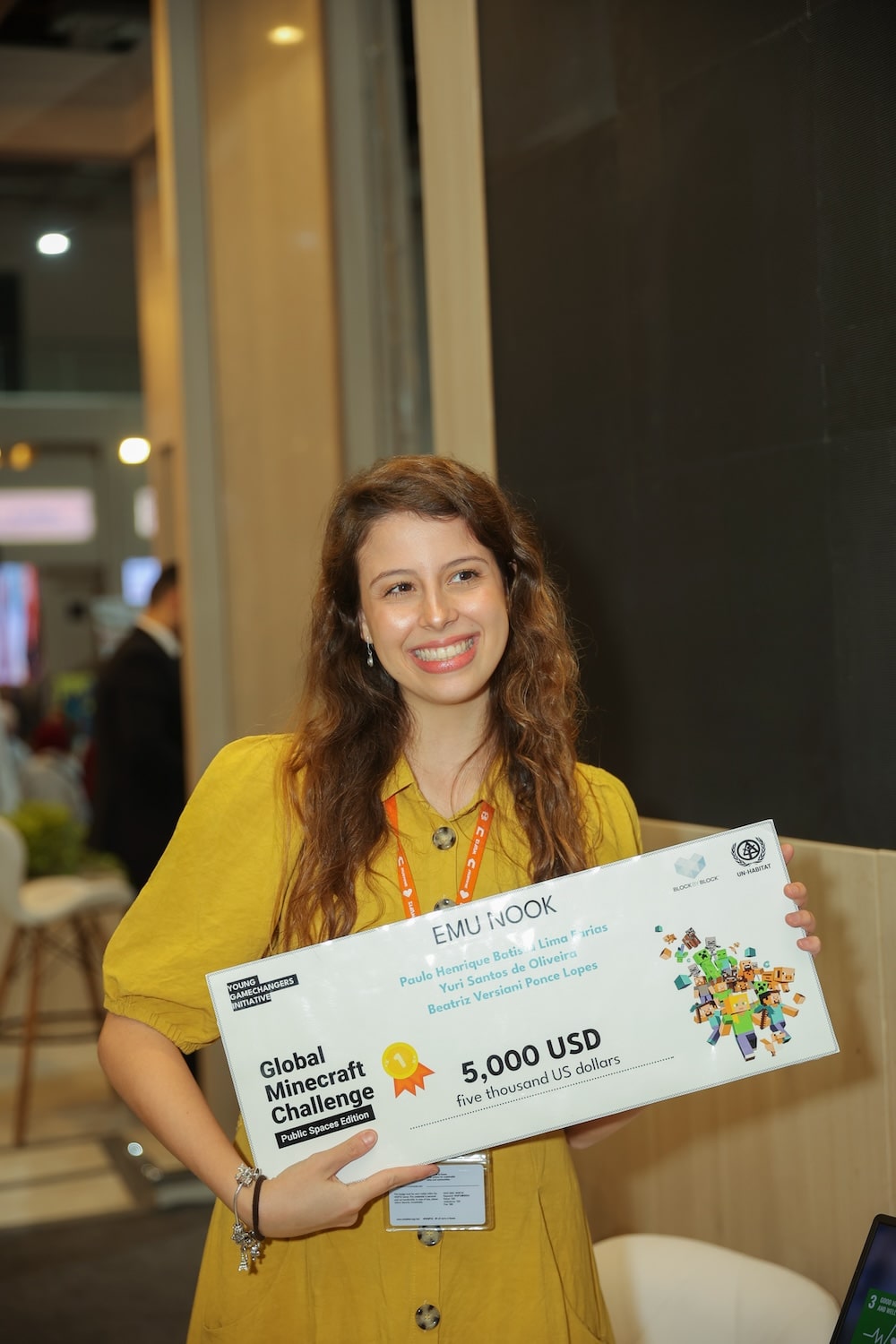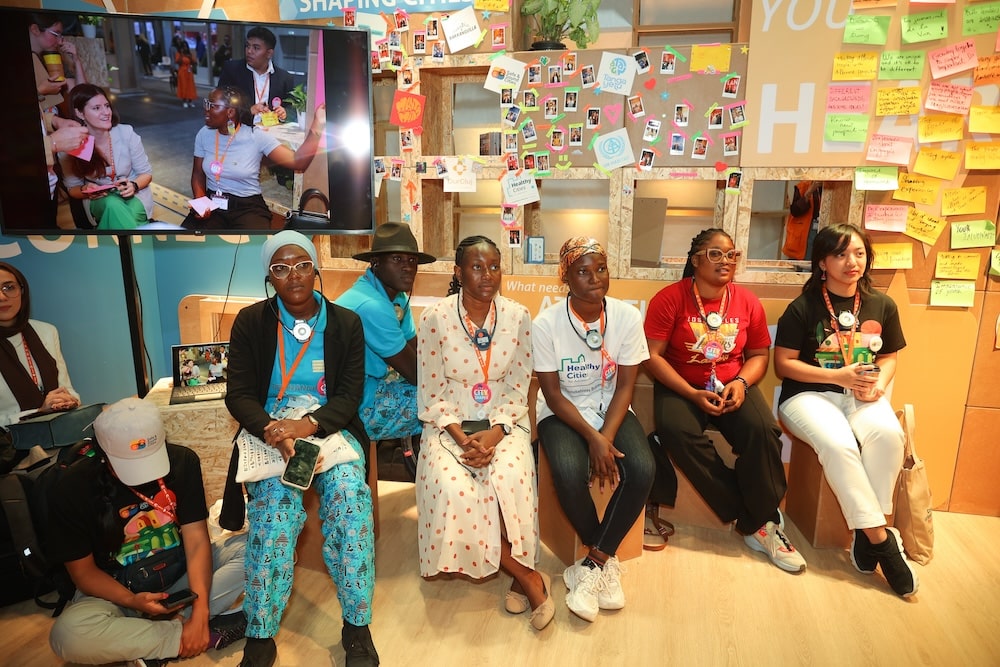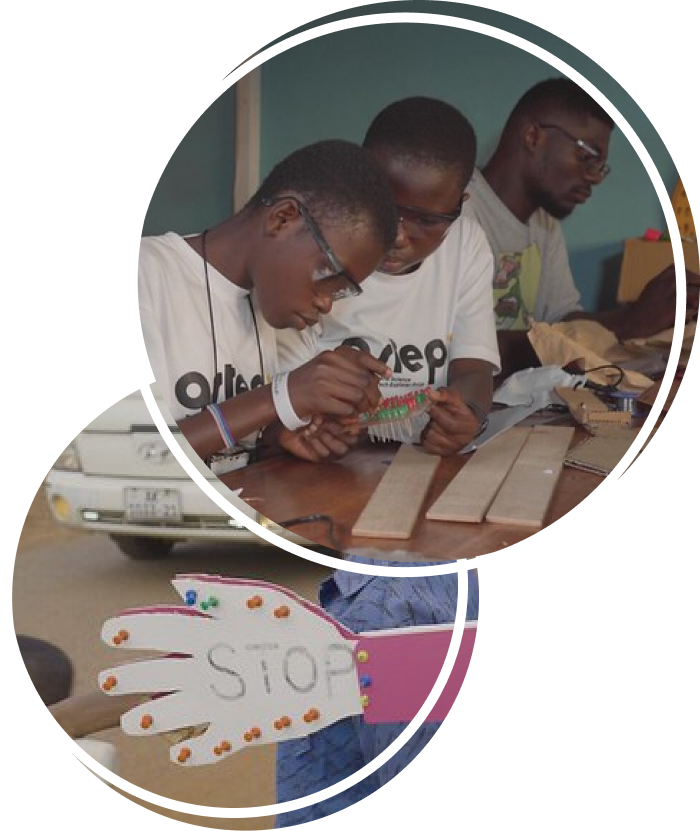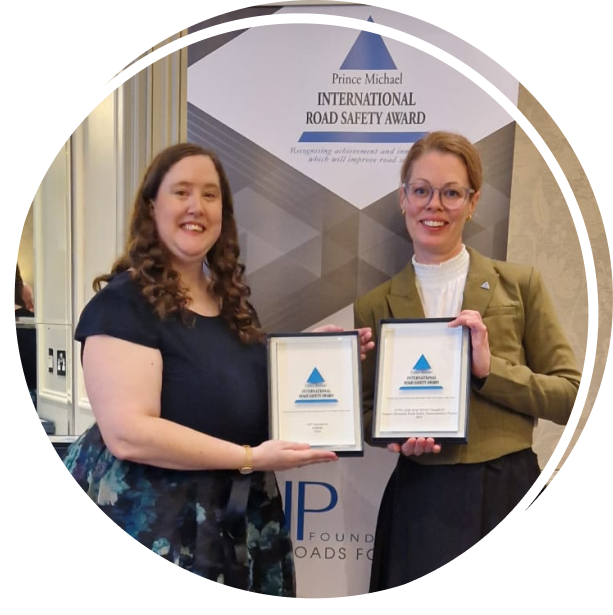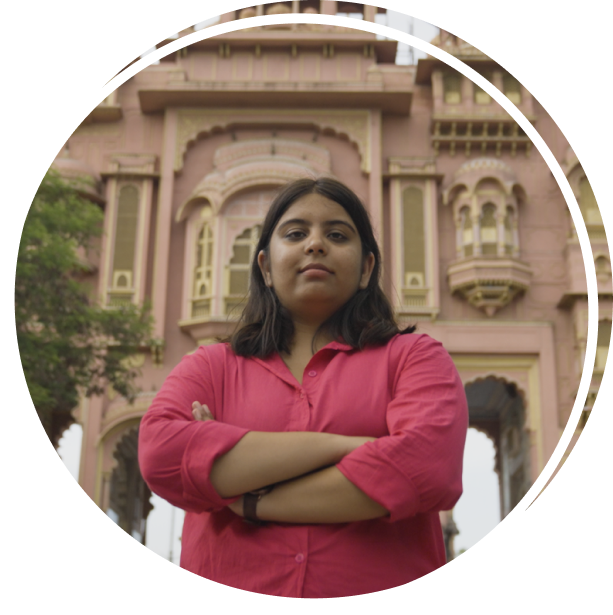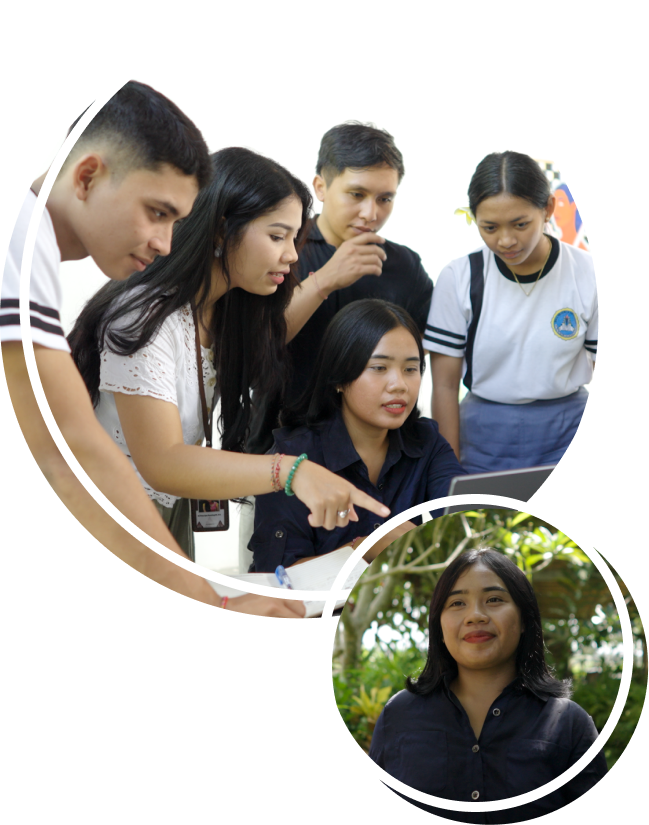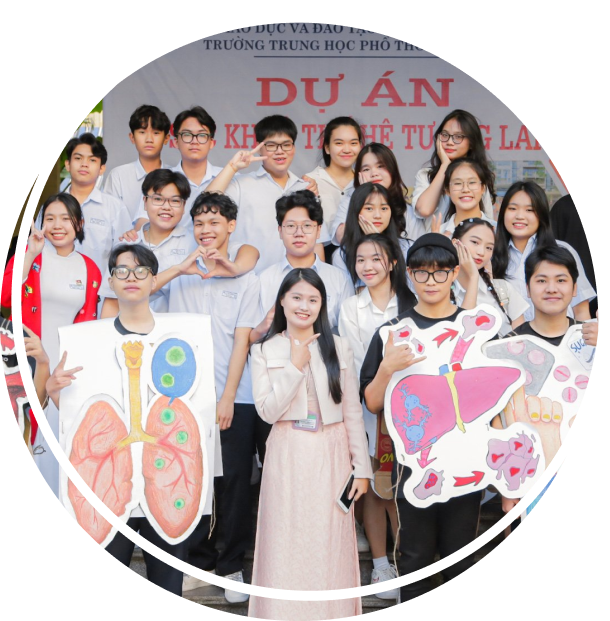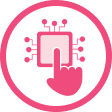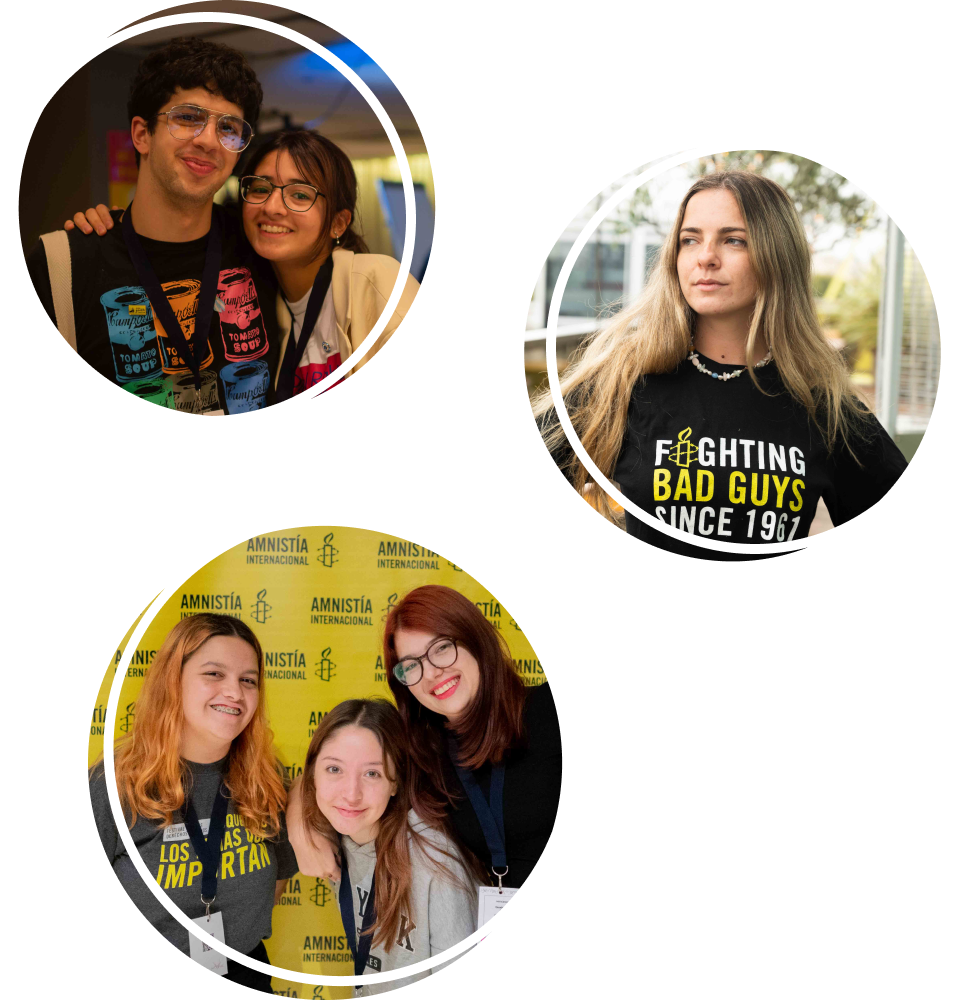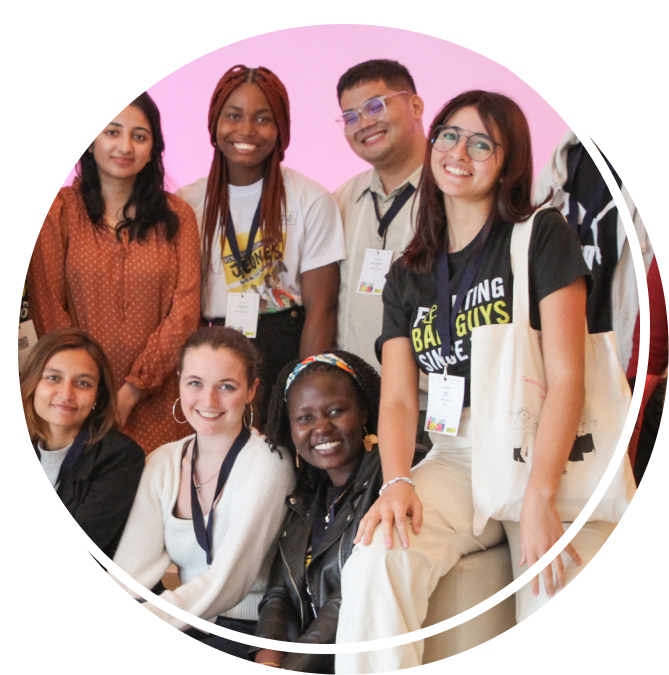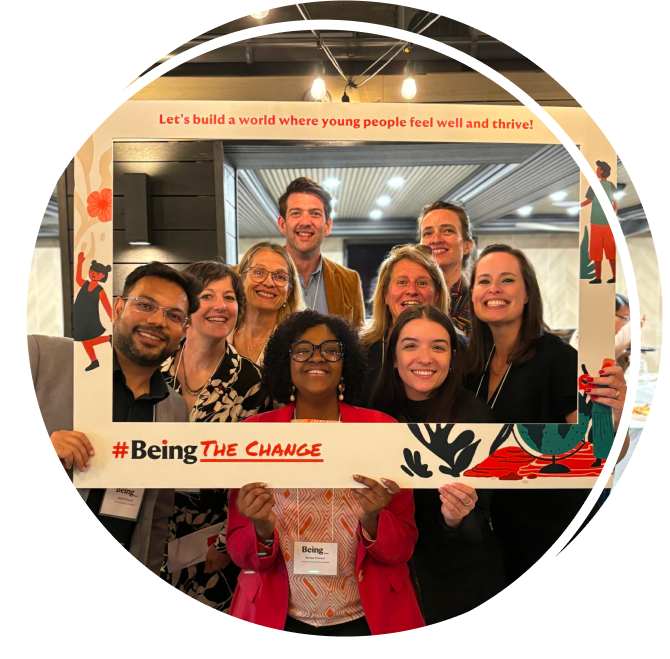Stefan Germann, CEO at Fondation Botnar, shares his reflections on the tenth session of the World Urban Forum, and the biggest challenges and opportunities in the mission to create inclusive, safe, and healthy cities where young people can thrive.
This is the decade for action. We are all a part of Generation 2030, and with 10 years to achieve the ambitious Sustainable Development Goals (SDGs), progress and acceleration must be made across all sectors, actors, regions, and age-groups.
The theme of this year’s World Urban Forum in Abu Dhabi, “Cities of opportunities – Connecting culture and innovation” could not have been more timely or relevant. Currently, 55% of the world’s population reside in urban areas – with the number set to rise to 70% by 2050 – and we’re seeing a wide range of new problems arise and existing problems worsen, but we are also seeing opportunities as digital and artificial intelligence (AI) becomes more widely available and developed.
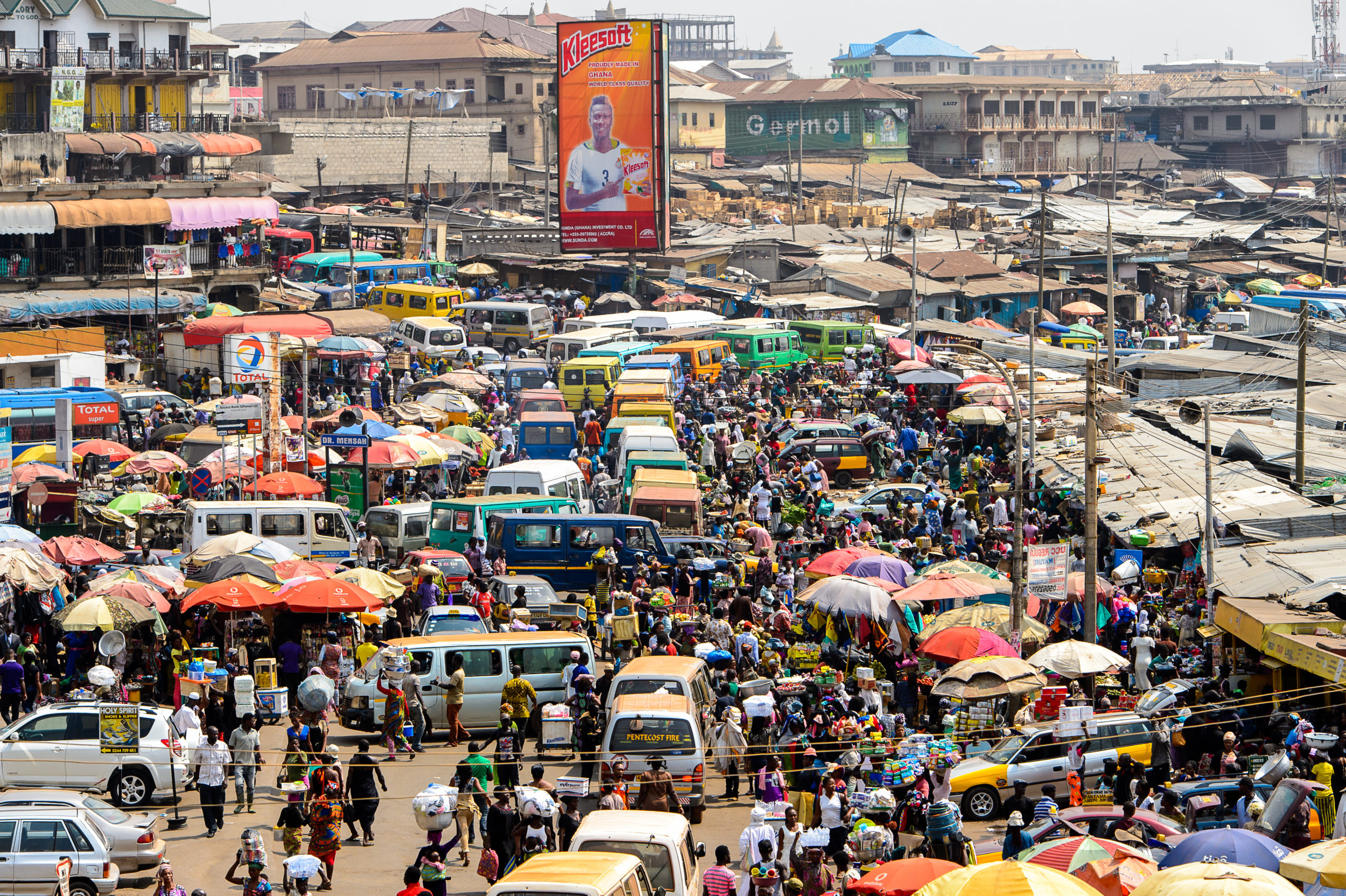
The 21st century is the century of urbanisation, and this isn’t necessarily a bad thing. Cities can be vibrant, connected, diverse, and hubs of culture and innovation. Urbanisation also presents an opportunity to create health and safe communities where systems support people, and people support each other. However, if action is missed, planning is neglected, or policies aren’t put in place, urban populations face the risks of inequalities, safeguarding, pollution, marginalisation, and lack of access to essential services such as healthcare and education. Reports indicate that 75% of urban infrastructure that will exist by 2050 hasn’t been built yet, which presents an enormous opportunity to foster inclusive infrastructure and systems for future urban population.
The goal of our engagement at the World Urban Forum last week was to catalyse both discussion and action to ensure young people and the potential of technology are central to creating inclusive, safe, and healthy cities fit for young people.
If we achieve this, cities will serve everyone’s aspirations and rights. However, we won’t get there without involving and giving real power and say to young people. They are not just the future; they are also the present. They are a generation who are often more digitally native than their older counterparts and have rich knowledge about their cities. Fondation Botnar is funding a global initiative, Healthy Cities for Adolescents Program. The program is a great example of how we can foster a multi-stakeholder and community-led approach to address the health and wellbeing of young people in urban environments. Core to each of the projects is the role of young people in the design and implementation of the interventions, both in their communities and at the municipal level. Through the program we are also harnessing the role of digital tools; in Comvos, participating adolescents and their schools will be equipped with storytelling tools, such as Augmented and Virtual Reality to document and develop narratives about their communities toward building them as empowered agents of change.
Frontier technologies bring great opportunities to also break down silos and ensure actors are working together. Through harnessing innovation, we can come up with new ways of working that break down the barriers for youth participation and through the analysis of data, we can begin to increase understanding of the direct needs of city dwellers, helping policy-makers plan infrastructure and resources.
A key part of our engagement at the forum was a map where urban development leaders – from young to old – believe technology could have the most impact in their cities. Participants were invited to submit their responses in person at our booth as well as online through social media. We received hundreds of responses, and the three top areas were: infrastructure, open data, and youth design. You can visit the map, share your input, and see how the perspectives differ across region and age group here.
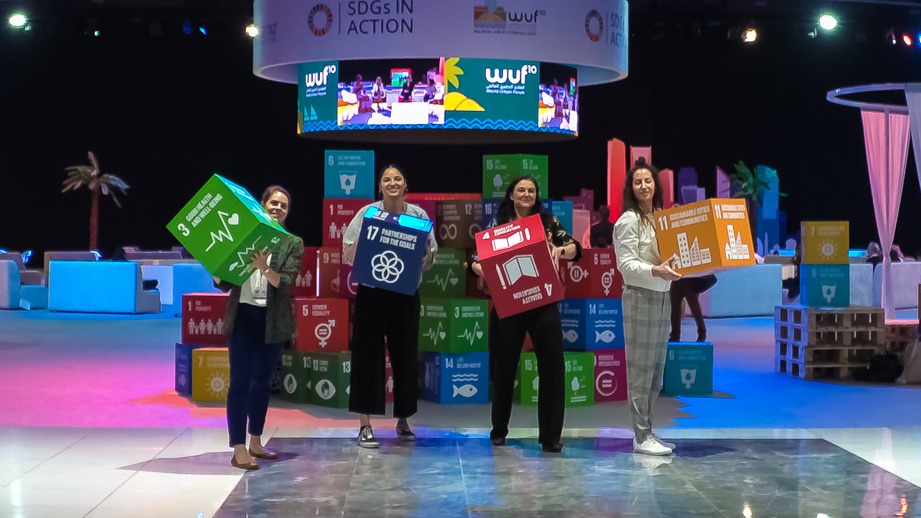
We are proud to have been part of the tenth session of the World Urban Forum. We stand behind the declared actions, especially point 10 and 11, and the support the youth associations declaration in recognising that science and technology have a huge potential to create healthier cities, as well as the importance in using data and knowledge as a fundamental starting point to understand gaps and needs. The World Urban Forum has also deepened our understanding and given us valuable insights of city systems, which we look forward to bringing into action as we prepare to roll out our long-term city engagement strategy, which has already been initiated in Cluj in Romania and Tanga in Tanzania.
I’d like to end this post with a quote to serve as a call to action from our Fondation Botnar friend and colleague, Joyati Das who is the Program Director of Healthy Cities Adolescents.
“The intersection of technologically savvy young people and the availability of innovative technology is THE OPPORTUNITY of this decade. Let’s grab it”
Watch our video from the World Urban Forum here.
